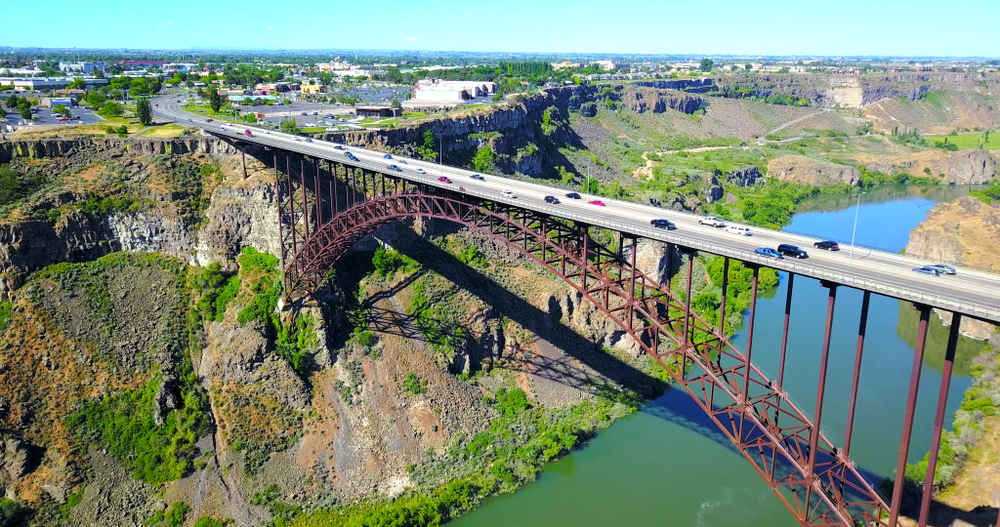Transitioning from city life to rural living is not just a change of scenery; it's an opportunity to adopt a new way of life, especially when swapping the vibrant urban hustle for the serene landscapes of the American West. This daunting yet exciting journey demands a shift in mindset, lifestyle, and environment. With the West's stunning open spaces, tightly-knit communities, and a slower pace, rural living provides a refreshing yet challenging experience. This blog will guide you through the essential aspects of adapting to country life in the West, ensuring your journey is as smooth and enjoyable as possible.
Embracing the Culture and Pace of Rural Life
The first step in making the transition to rural living is to fully embrace and understand the cultural nuances and slower pace that define life in the West. Here, time moves a little slower, and people are more connected with the land and each other. Expect to engage in community activities, local events, and the neighborly way of life. Unlike urban environments where anonymity is common, small towns and rural communities in the West offer a strong sense of belonging.
Navigating this cultural shift requires a willingness to adapt and immerse yourself in community life. Attend local fairs, support community events, and get to know your neighbors. The pace here allows for more quality personal interactions, giving you a chance to build meaningful relationships. Remember, being open-minded and patient will help you ease into this new cultural setting.
Adjusting to the Logistics of Rural Living
Another significant aspect of adapting to rural life involves understanding and managing the variances in logistics. In city life, public transport is readily accessible, and everything you need is often within arm's reach. The story changes significantly in the countryside, where amenities could be miles apart, requiring more meticulous planning and resource management.
Transportation becomes crucial in rural settings. Owning a reliable vehicle is almost a necessity, as is getting used to longer drives for groceries or healthcare services. Internet connectivity might also be slower or less reliable in some areas, requiring adjustments in how you conduct work or stay connected with family and friends.
Adapting to this change involves preparing for a more self-sufficient lifestyle. This means learning basic DIY skills, gardening, or even considering backup power solutions. Analyze your needs and plan accordingly to ensure a seamless shift to rural logistics. 
Finding Joy in Nature and Solitude
One of the most appealing aspects of relocating to the rural West is the unparalleled access to nature and tranquility. The environment offers immense opportunities for outdoor recreation—from hiking and fishing to bird watching and stargazing. These activities not only provide a healthy lifestyle but also help in nurturing a profound appreciation for the natural world.
However, with isolation comes solitude, and it's essential to embrace it as an opportunity for reflection and personal growth rather than seeing it as loneliness. The peace and quiet allow for self-exploration, creativity, and relaxation away from urban chaos. Use this solitude to explore new hobbies or rekindle old passions that city life might have swept under the rug.
Connecting with nature will not only enhance your personal gratification but will also solidify your love for rural living and make the transition worthwhile.
Transitioning from the city to the countryside in the West is undoubtedly a transformational journey. By embracing the cultural change, adapting to the logistics, and discovering the joy of nature, you'll unlock the true potential of rural living. Leverage this move for personal growth, enriched community bonds, and a rejuvenated lifestyle. If you're ready to swap skyscrapers for starry nights and rediscover life's simple pleasures, start planning your move now.

